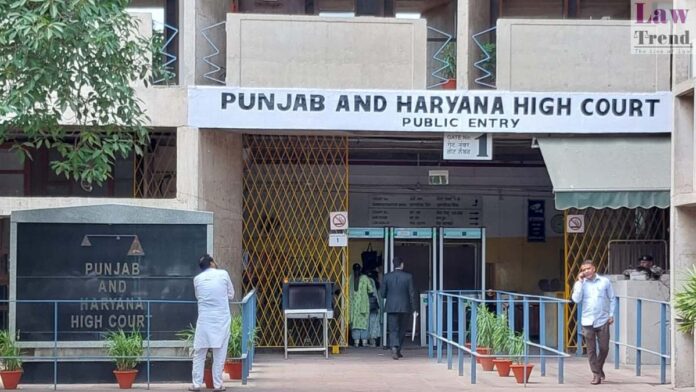The Punjab and Haryana High Court has issued a stern reminder to District Magistrates and Superintendents of Police (SPs) regarding their personal responsibility in enforcing noise pollution laws. This comes as part of a decision emphasizing the judiciary’s continued commitment to the stringent application of environmental regulations, particularly in times sensitive to public peace, such as during school examinations.
Presided over by Chief Justice Sheel Nagu and Justice Anil Kshetrapal, the court’s latest ruling directs enforcement officers across Punjab, Haryana, and the Union Territory of Chandigarh to maintain vigilance against violations of noise pollution standards. The ruling stresses that any negligence in enforcing these laws could lead to personal liability for the officers.
The court declared, “It is imperative that the District Magistrate and Superintendent of Police take immediate action upon any violation reported by citizens within their jurisdictions, ensuring compliance with the law without delay.”
This directive underscores the judiciary’s proactive stance in empowering citizens to report instances of noise pollution directly. With this judgment, individuals are encouraged to bring any infractions to the attention of local authorities, who are obligated to act promptly according to the legal frameworks outlined in the Noise Pollution (Regulation and Control) Rules, 2000, under the Air (Prevention and Control of Pollution) Act, 1981.
Highlighting the procedural rights of citizens, the court advised that individuals could lodge a First Information Report (FIR) at their local police stations in instances of guideline violations. Furthermore, in situations where police action is inadequate, the matter can be escalated to the Magistrate under Section 156(3) of the Code of Criminal Procedure (CrPC), or its recent equivalent under the Bharatiya Nagarik Suraksha Sanhita, 2023 (BNSS).
The case, initiated by plaintiffs Abhilaksh Sachdev and Karam Singh, cited instances of noise levels exceeding the permissible limits in residential areas. Despite assurances from the Haryana State Pollution Control Board (HSPCB) that violators have been admonished to comply with regulations, the court noted with concern the significant number of unresolved complaints from the past three years.
Referencing the Supreme Court’s decision in Lalita Kumari v. Government of UP, the High Court reiterated the obligation of police officers to register complaints of cognizable offenses promptly. The court warned that a failure to address noise pollution complaints adequately might result in disciplinary measures against the officers involved.
The case was notably represented by legal professionals including Advocates Abhinav Sood, Nitesh Jhajhria, Mehndi Singhal, Rohit Mittal, and Kuljinder Singh Billing for the petitioners. Representatives for the states of Haryana and Punjab included Deputy AAG Deepak Balyan and Senior DAG Salil Sabhlok, respectively.




